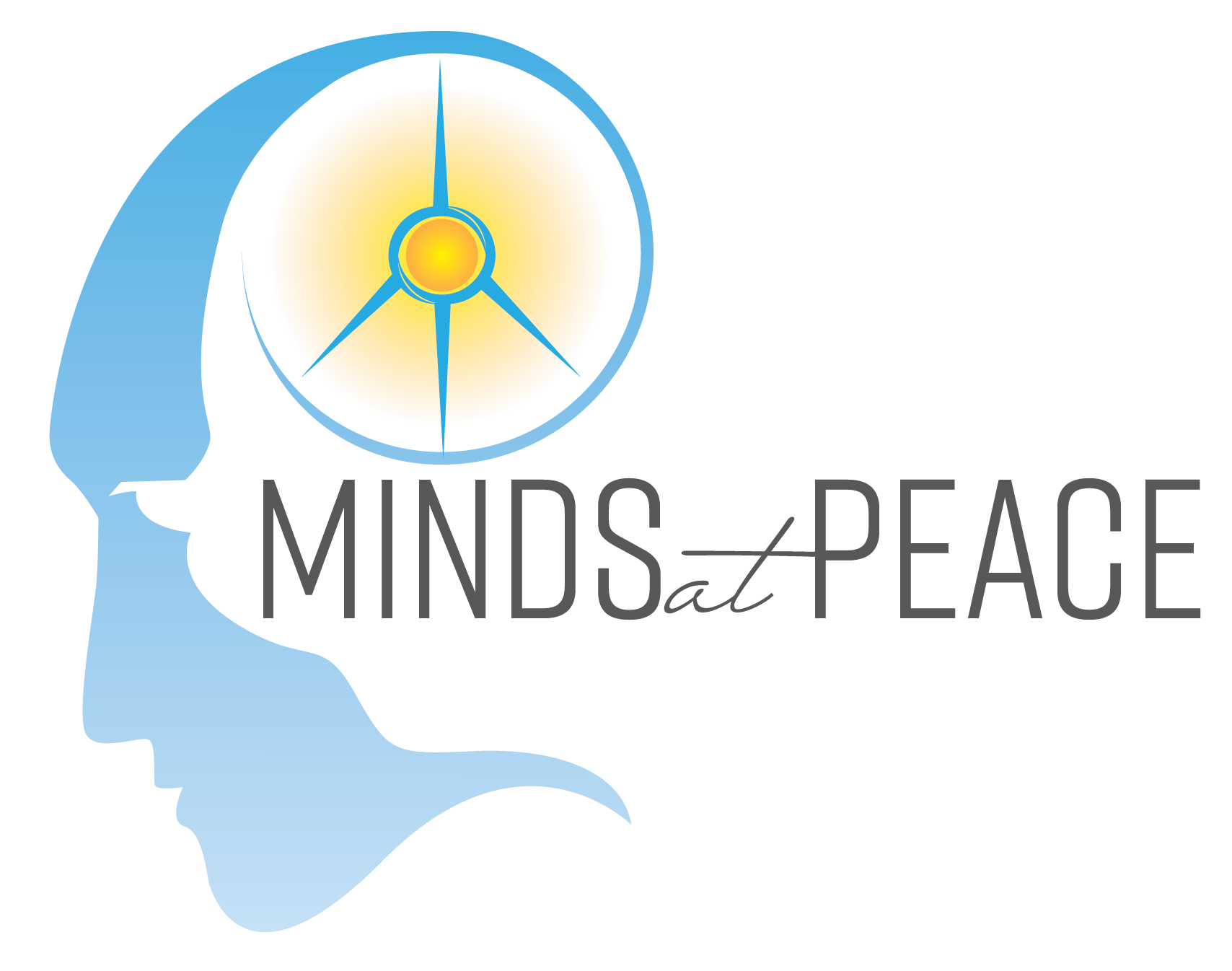Are Your Medications Making You Depressed?
According to a recent study published in the Journal of American Medical Association (JAMA) one out of three Americans are taking medication that has a side effect of causing depression. Furthermore there are millions of Americans taking anti-depressant medication with their own slew of side effects. What should we do?
Here's a link to the JAMA article which lists over 200 drugs. The first thing you will notice is that the top half of medications are listed as "suicidal symptoms." Think about that for a moment. With recent celebrities committing suicide, public health officials decided it was time to let people know that suicide was on the rise in this country. And so is depression.
What are we to make of all of this? The list of medication published in JAMA includes a lot of medication used to treat chronic illness. In Western culture when people have a problem they expect their physician to have a pill to fix it. The problem is, that pill, unless an antibiotic, is usually not "fixing" the problem, only addressing the symptoms of an underlying problem. The underlying problem is rarely addressed in a manner that is appropriate. This is often true of chronic pain, diabetes, hypertension and other chronic problems. Today many physicians talk to you while typing at a computer. This is not the art of healing.
A mindfulness attitude towards life takes a different approach. Recognizing that stress is everywhere, we can choose to either "live with it" or mask it with food, alcohol, cigarettes, drugs, sex, anger, etc, OR we can choose to employ the foundational attitudes of mindfulness to change our perspective. I recently had a client referred to me by a physical therapist who was unable to treat the client's back pain because her back pain was the result of years of stress and tension, not a pulled muscle. I'm happy to report after teaching her how to meditate, and learn a mindful approach towards life, her back pain is gone.
Similarly depression and anxiety, two significant mental health issues in the US, can often be successfully treated with mindfulness based stress reduction (MBSR) skills. In fact a recent study directly compared depressed patients who took anti-depressants vs. those completing an 8 week MBSR course. The results? Both groups did equally well. What this demonstrates is that many people are able to successfully heal without medication, and without the risk of medication side effects.
No one should just stop medication without consulting their prescribing physician. But healing from a mindfulness perspective, or shall I say, living from a mindful perspective, may ultimately render some of your medication unnecessary -- and their side effects as well.
Engaging with a mindfulness coach is often the first step in this healing journey whether individually or in an MBSR group. You may feel the pain, tension, problem in some other part of your body, but the mind is the source of suffering. This is why when you strengthen your mind, you truly do, strengthen your world.

